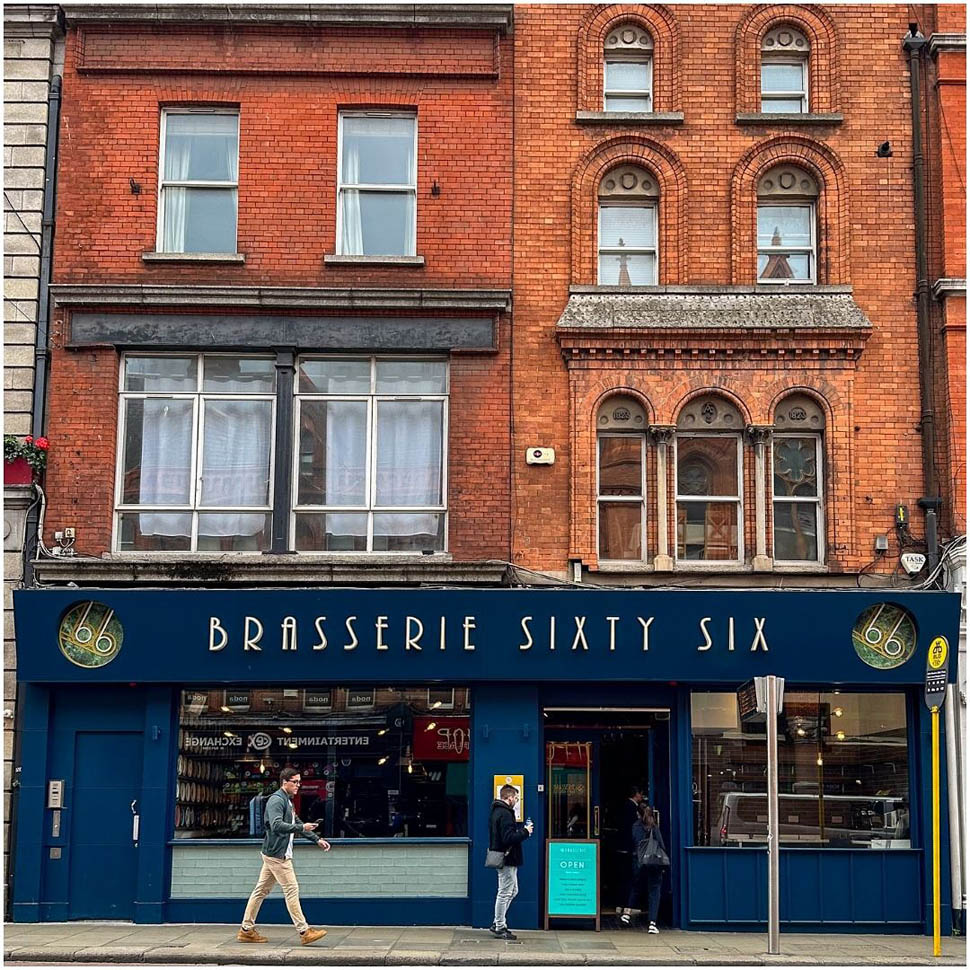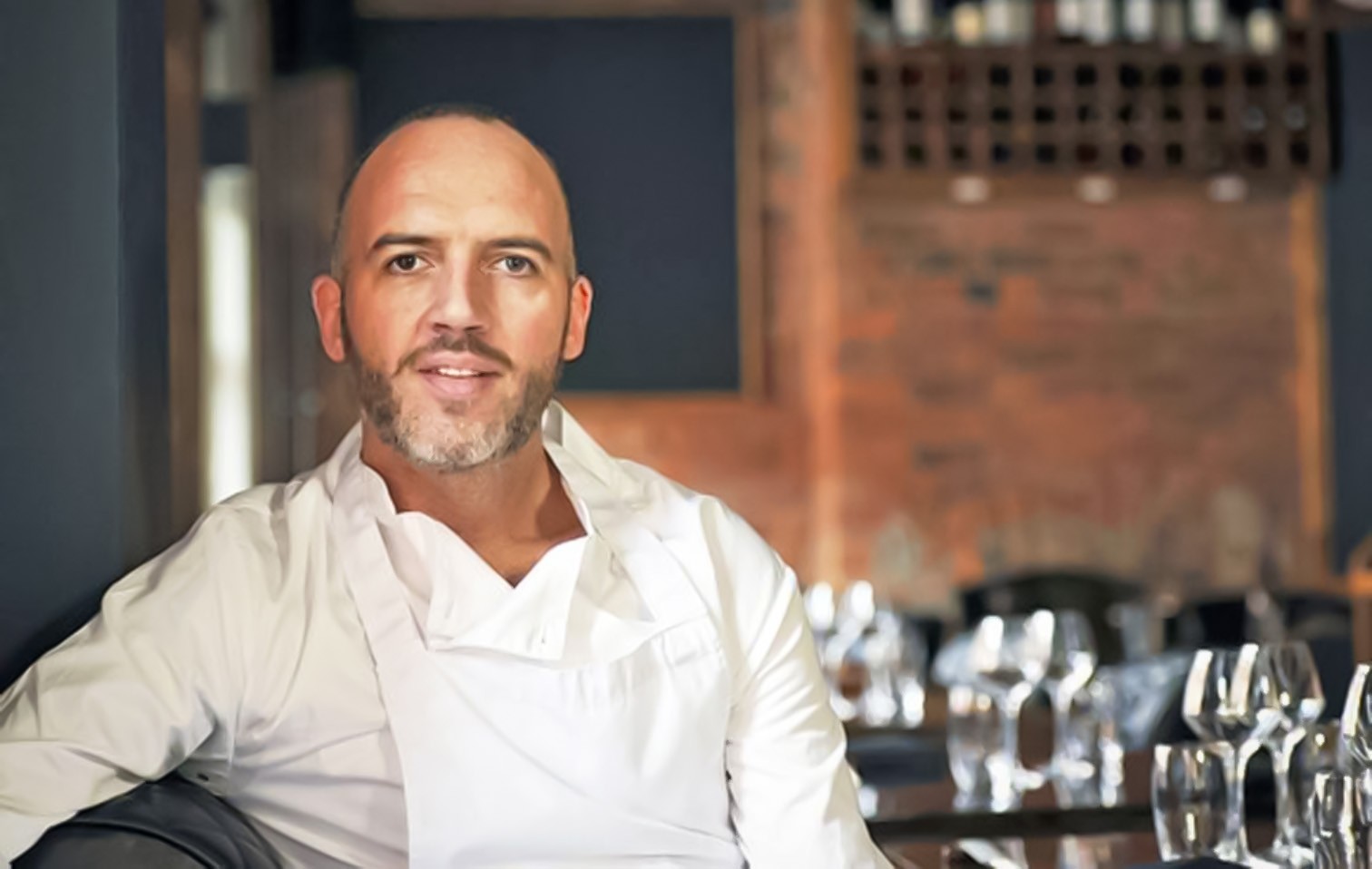Behind that choice is a bitter reflection on the transformations affecting the restaurant industry in recent years. McGrath talks about how the hospitality landscape in Dublin has changed dramatically.
The news
Dublin is reeling from news that has quickly made the rounds in the gastronomic world: star chef Dylan McGrath has decided to close two of his most iconic restaurants, Brasserie Sixty6 and Rustic Stone, located in the heart of the Irish capital, with immediate effect. This surprising decision has left many speechless, as the Independent reports, especially considering the success these restaurants had enjoyed over the years. McGrath, known for his role as a judge on Ireland's version of *MasterChef* and for being the youngest Irish chef to receive a Michelin star, announced the closure on social media, explaining that hospitality in Dublin's city center had become untenable.
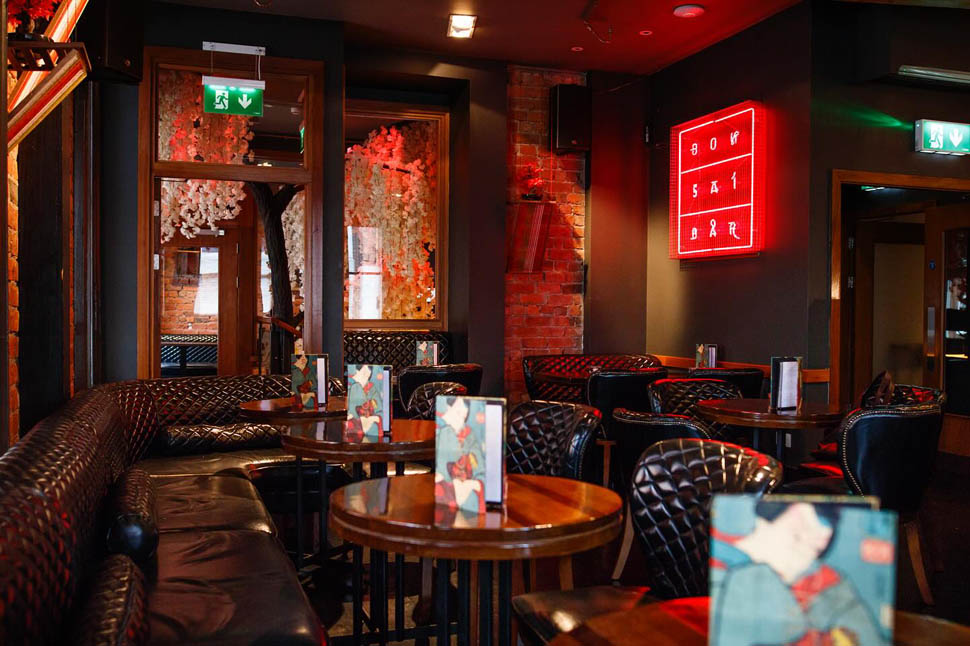
The Rustic Stone, which had fifteen years of history behind it, and Brasserie Sixty6, boasting twenty-five, were both landmarks in Dublin's culinary scene. “There is no doubt that they will be missed,” McGrath wrote, warmly thanking the customers, suppliers and staff who contributed to the success of these restaurants. The decision to sell the leases, the chef explained, is motivated by the need to focus on Fade Street Social, the last of his restaurants left open, with the goal of making it “the best it can be.”

Behind this choice is a bitter reflection on the transformations that have hit the restaurant industry in recent years. McGrath talked about how the hospitality landscape in Dublin has changed dramatically, making it difficult to sustain independent restaurant models like his own. “Looking at hospitality in the city, there came a time when we decided that it simply is not sustainable. It's hard to put into words what has happened to restaurants and the city center in the last four years," Dylan said on Instagram. And although the Minister for Public Expenditure, Paschal Donohoe, tried to mitigate concerns by stressing that Dublin is still a vibrant city full of life, he did not deny the difficulties many businesses are facing. Donohoe acknowledged the significant challenges facing those running businesses, especially in an increasingly difficult economic environment.
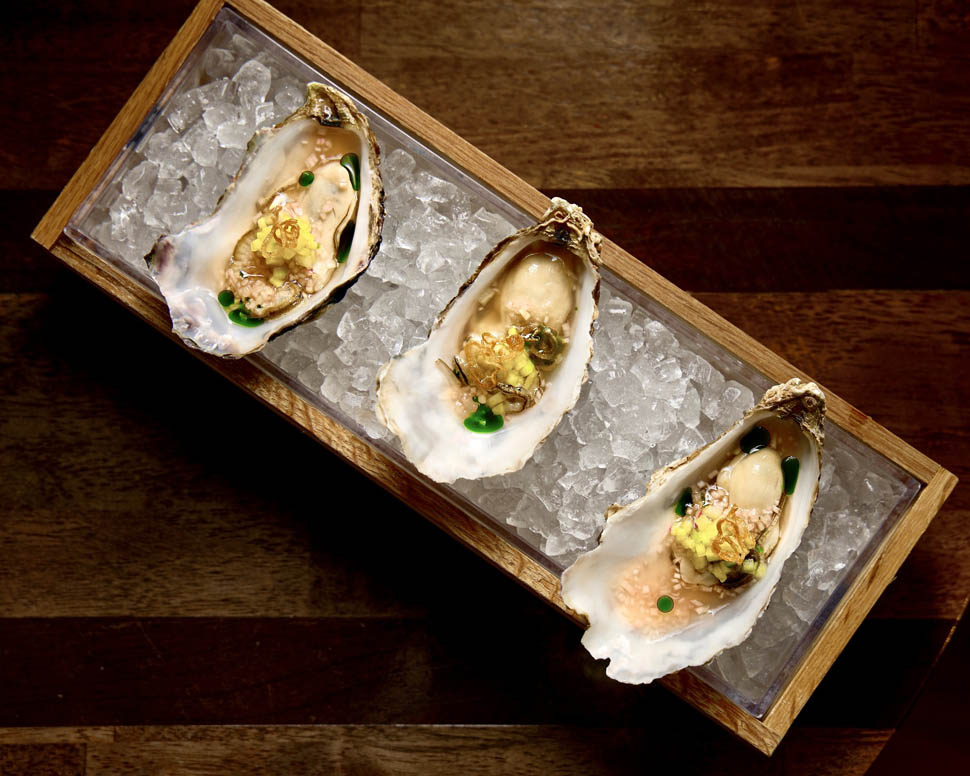
The closure of McGrath's restaurants is not only a blow to the heart of Dublin's restaurant scene, it is also a disturbing sign of how the dynamics of downtown are evolving. While some voices continue to celebrate the city's vitality, others question whether this is not the end of an era for downtown Dublin. McGrath, for his part, seems to have made this decision with great lucidity, now focusing all his energies on Fade Street Social, which is to become not only a haven for his loyal customers but also a symbol of resilience in an increasingly competitive landscape.
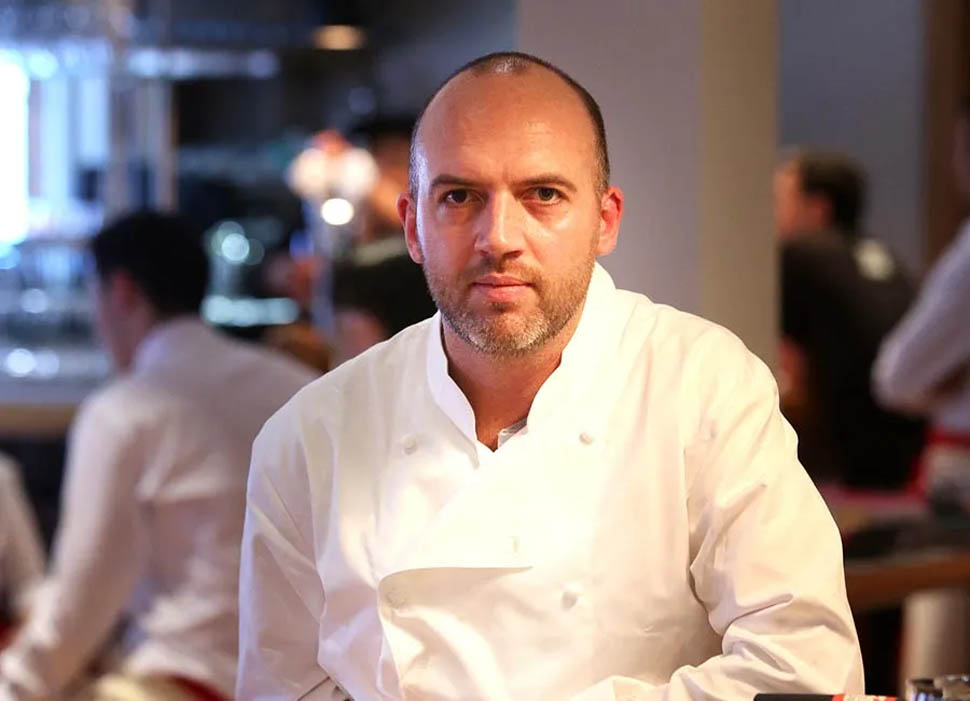
Those who tried to reserve a table at one of the closed restaurants received a message of apology and a promise to be contacted personally to handle reservations already made. It is a painful farewell, but also an opportunity for McGrath to focus on new challenges. The evolution of downtown Dublin, its safety and its ability to continue to be a top dining destination remain topics of heated debate. However, McGrath seems ready to continue writing his story, with Fade Street Social as the new epicenter of his creativity and dedication.
